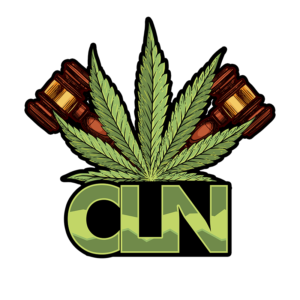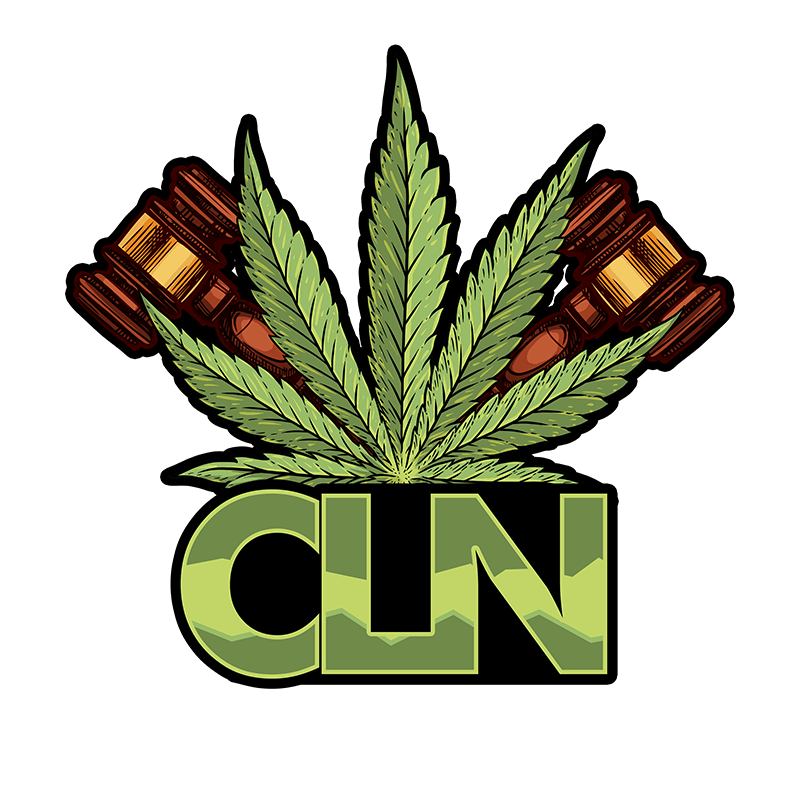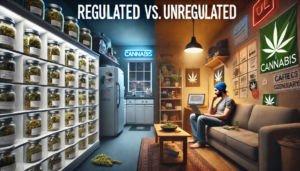link: https://bit.ly/3hZKwJl
Dear Administrator.
The hemp industry is very young and only really began operating in 2019. In that short time, American entrepreneurs, which include many farmers, invested billions in business growth from the expansive definition of hemp under the 2018 Farm Bill reflecting Congress’ intent for a robust American hemp industry. The law became effective on December 22, 2018, and provides for hemp to be defined as follows:
The term ‘hemp’ means the plant Cannabis sativa L. and any part of that plant, including the seeds thereof and all derivatives, extracts, cannabinoids, isomers, acids, salts, and salts of isomers, whether growing or not, with a delta-9 tetrahydrocannabinol concentration of not more than 0.3 percent on a dry weight basis.
While that is what the law provides, the Interim Final Rule (IFR) the Drug Enforcement Administration (DEA) published, and made effective on August 21, 2020, restricted the statutory definition of hemp that may greatly prejudice the hemp industry, be an unjust ex post facto law, and an unconstitutional taking of the property of this brand new American industry, further it may have unconstitutionally vague underpinnings for certain crimes that may arise when unscheduled hemp becomes an extract or derivative product.
Billions have already been invested in developing the supply chain and the hemp derivatives markets. Crop insurance is coming, FSA backed lending, futures markets, and many cannabinoids derived from hemp that the American people deserve access to and want to buy.
We agree purity should be regulated. We believe the hemp industry cannot best serve the people unless they know what they are getting. The industry wants to be compliant with the 2018 Farm Bill, but the extraction process of hemp to derive CBD, or other cannabinoid extracts and derivatives, requires certain chemical processes before the hemp reaches its final derivation and is ready for retail sale.
Enforcing a criminal line in the sand on a hemp product that has not yet reached its production levels of delta-9 THC because it is still in process and not derived to its dry weight basis will greatly injure the hemp industry and result in billions in losses in what we believe to be an unjust taking of property. As such, we direct your attention your following text from the IFR:
Pursuant to the AIA, unless specifically controlled elsewhere under the CSA, any material previously controlled under Controlled Substance Code Number 7360 (marihuana) or under Controlled Substance Code Number 7350 (marihuana extract), that contains 0.3% or less of 9 -THC on a dry weight basis – i.e., “hemp” as that term defined under the AIA – is not controlled. Conversely, any such material that contains greater than 0.3% of 9 -THC on a dry weight basis remains controlled in schedule I.
The point of the definition of hemp was to have any finished product derived from hemp to conform to the 0.3% D9 -THC. By preventing the industry from processing a raw form of hemp with a “dry weight basis” of not more than 0.3% D9 -THC, the DEA is standing in the way of billions of invested dollars, inventory, products, jobs, and tax dollars. The processing of hemp by extraction is not the fully derived end product that is compliant with the meaning hemp Congress intended.
Hemp should not be tested at will, but at its harvest and before leaving the processor’s facility for retail sale. The DEA’s proposed springing Schedule I trap arising from a lawful and uncontrolled substance is a shocking amount of risk to our nation’s lawful hemp farmers that Congress never intended in its expansive definition of hemp under the 2018 Farm Bill.
Further the IFR may read hemp derivatives with cannabinoids as Schedule I synthetic tetrahydrocannabinol under Drug Code section 7370. The 2018 Farm Bill’s definition of hemp contemplated taking hemp, extracting it and deriving lawful products under it, for example Delta-8 THC, which an entire industry has begun doing to provide products to consumers that demand this safe and regulated access to hemp derived cannabinoids. Delta-8 THC derived from natural hemp extract is entirely different from synthetic cannabinoids, like HU-210, which are made from non-hemp precursors and do not derive directly from legal hemp’s processing.
We petition our grievance with our government that the DEA cannot change the definition of hemp from what Congress defined and intended so that the hemp extract and derivative markets are not halted, billions of dollars of investments from lawful agricultural ventures are not lost, and the American hemp industry may continue to grow in accordance with the intention of the hemp under the 2018 Farm Bill. So that the new hemp industry may access banking and federal programs for financing and insurance, we request the DEA amend its IFR to enforce D-9 THC levels upon harvest and final processing of the unscheduled hemp crop.




